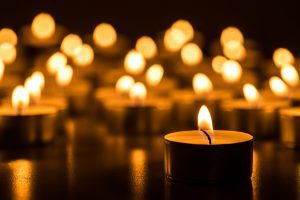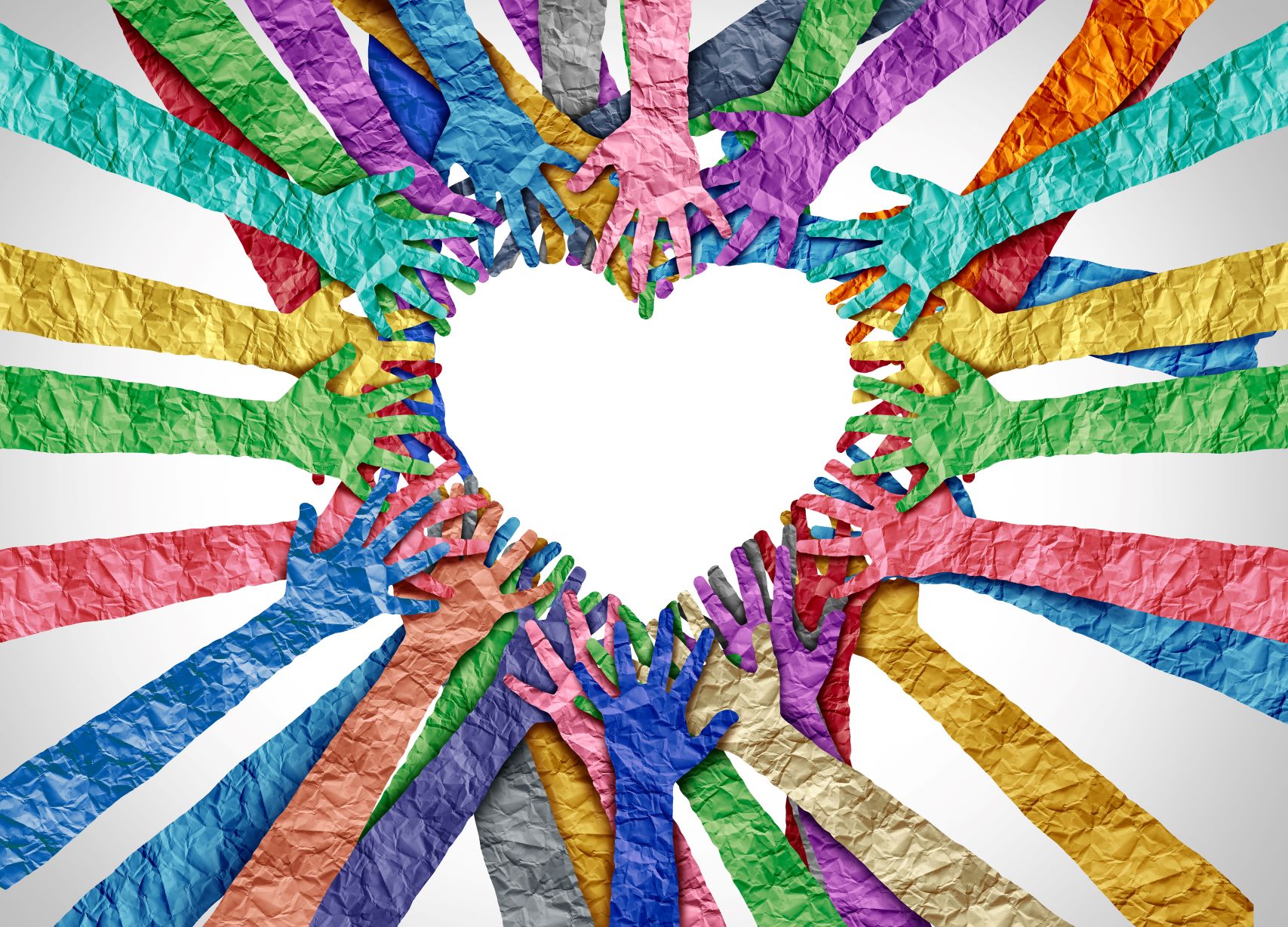Grief is a process of collective reparation to be expected following a loss or dramatic event that has affected groups of people as a whole, such as a town, community, country or local area. Collective grief can follow events that resulted in tragedies or fatalities including war, high profile casualties and natural disasters.
Facing loss without support can lead to depression and despair. The healing process as an individual can be similar to collective grief with feelings of loss, helplessness, regret, despair, separation and sadness. It is not unusual to feel overwhelmed and lost. Our individual consciousness is connected with our collective consciousness the same way as our individual healing is connected with our collective healing.
What is on this page
Collective Consciousness and Collective Grief
Some past events that have caused universal impact and evoked collective grief include the 9/11 attack, Grenfell, the passing of Princess Diana, the murder of Sarah Everard and the Manchester Arena bombings. Grief and collective grief can cause loss of an entire belief system: life as we knew it is no more.
Everyone’s ways of grieving are different; some of us pay their respects publicly in person, through social medias, whilst others may find processing their feelings alone preferable. Collective grief can be visible or beneath the surface, often accompanied by shaken hopes and overall change in attitude towards life.
Defences such as denial and disassociation seem to keep anxiety at bay. The Ukrainian and other wars are at times too painful for us to fully attend to, as people’s suffering is unimaginable. The grieving beneath and above the surface of our collective consciousness can be overwhelming. We now know that suppressed grief is responsible for so many illnesses and psychosomatic conditions.
No one was immune to COVID / Coronavirus, it transcended ranking, wealth and power and resulted in a tremendous number of lives lost, multiple lockdowns and deprivation of liberties, distance between friends and family, health anxieties and fundamental changes to peoples working, living and health statuses. COVID has left many people vulnerable, in emotional pain, disillusioned about governments and decision makers and witnessing injustice; at a conscious or subliminal levels the Covid universal trauma continues to have a collective impact. Unified and collective grief give us all permission to process and support us to relinquish our feelings of loss.
Another event that has mobilised collective grieving was the loss of Queen Elizabeth ll, much respected symbol of stability and continuity in the face of a fast changing world, her loss and grieving unified the nation and many people all around the world. Supporter of the monarchy or not, the Queen’s death has connected and bonded millions.
Collective grieving has an immense potential for healing, validation, love and connection.

Collective Grief Following a Loss
When loss is out of our control and tragedy unavoidable, we can feel powerless in its wake. As well as individual grief, this also comes as a part of collective grief.
Collective grief will mean our grieving process and feelings are connected with others. It can make individuals feel that they are not alone, and that people understand their pain as many are going through the same healing process.
On the other hand, it can also be an extremely lonely time when feeling that your own personal thoughts and feelings and being compared to others. Feeling that you had a different connection or experience with the person lost or the situation, may also feel like no one else could understand how you feel.
Collective Grief Following a National Crisis
Collective grief is to be expected at any time following a national crisis, along with the feeling of helplessness when the future is unknown and the crisis may continue – also referred to as anticipatory grief. When experiencing loss, expecting more losses can lead to pre-emptive mourning. Understandably knowing a situation has not been resolved or rectified can cause anxiety and fear of the unknown foreseeable.
Collective grief can feel that we have permission to revisit our own experiences and to express our own thoughts. It can be a big comfort knowing we are connected to others who have lived through the same experience.
How to Provide Bereavement Support to ourselves and others
- Coming together in mourning and sharing grief in public with people can reconfirm links with others and prevent separation. As opposed to people being left isolated, public mourning can bring togetherness and understanding. The experience of seeing the community or country you live in stand together, united in grief can help in fuelling the courage that is needed to begin the healing process.
- Getting involved and coming together with friends, family, and community can help you and others to take part in activities or making plans. It can encourage moving forward and healing by knowing and feeling comfort in that others are doing the same. Asking yourself if there are ways you can get involved and support others can be a big first step in mourning. Connection can be a powerful feeling that rebuilds the strength of communities.
- Allow yourself and others time and space. Everyone grieves differently based on their circumstances. Although collective activities and involvement can give you support, being aware of you, how you feel and tending to your own needs is equally important. It is okay to allow yourself the opportunity to grieve in private. Focus and explore on how you feel when you are alone and work through the various stages associated with grief as and when they come. Being open with others about needing time alone can be a reminder to them that it is okay to crave personal space in challenging times.
How Can Therapy Help?
Do you feel grief-stricken? You are not alone. Individual, couples or group mindful therapy sessions will help by allowing you to talk through your thoughts, feelings and fears and how you have been affected mentally and physically.

Our therapists at the Leone Centre are here to support you with online and in-person therapy sessions with UKCP and BACP registered professionals. If you require support or have questions, our therapists are here to help. At Leone Centre we can provide in person counselling sessions via our offices in Fulham and Kensington, as well as online counselling via Zoom. Call us now on 0203 930 1007 or alternatively click on the Leone Centre scheduling link.

